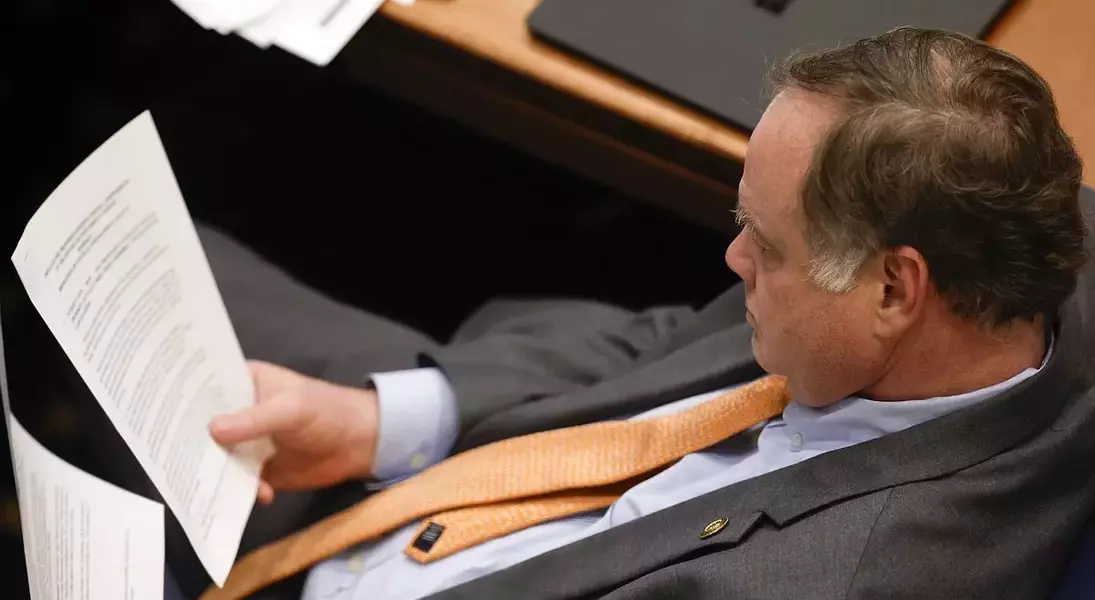
This year, the Alabama Legislature did not pass two significant bills that sought to modify campaign finance regulations concerning political parties and donations. One bill, House Bill 6, proposed by Rep. Phillip Pettus, aimed to prevent political parties from disqualifying candidates based on their acceptance of campaign contributions from specific organizations. Another piece of legislation, Senate Bill 291, sponsored by Sen. Sam Givhan, intended to enable political parties to transfer funds to local or affiliated party groups, which is currently prohibited under state law.
In a broader context, HB 6 was designed to address rules set by the Alabama Republican Party in 2023 that barred its candidates for superintendent or school board positions from accepting contributions from the Alabama Education Association (AEA). Rep. Pettus expressed concerns over such restrictions, arguing that they infringe upon First Amendment rights by limiting where candidates can obtain financial support. Despite these arguments, John Wahl, chair of the Alabama Republican Party, maintained that existing court rulings support the authority of political parties to determine whom they associate with, suggesting that HB 6 could undermine those constitutional rights.
On the other hand, SB 291 focused on amending laws regarding fund transfers among political entities. Since 2010, Alabama has prohibited political action committees (PACs) from transferring money to one another. However, Givhan's proposal aimed to allow state-level political parties to share resources with county organizations or affiliated groups without violating transparency principles. According to Givhan, the goal was to enhance collaboration opportunities between different levels of political organizations while maintaining accountability in campaign financing.
Both measures faced challenges within legislative committees. HB 6 remained unaddressed during the sessions it was introduced, reflecting internal debates within the Alabama Republican Party about extending similar rules to legislators. Meanwhile, despite bipartisan sponsorship involving Sen. Bobby Singleton, SB 291 failed to progress beyond committee discussions.
The failure of these bills underscores ongoing tensions between promoting transparency in campaign funding and respecting the autonomy of political parties in determining their alliances and resource allocations. As stakeholders continue to weigh these considerations, future legislative efforts may need to strike a balance that satisfies diverse perspectives within Alabama’s political landscape.
